Penguin guano helps clouds form in coastal Antarctica, making these birds an important factor in the region’s climate.
Category: climatology – Page 19

Turning fallen leaves into sustainably made paper: Ukrainian scientist selected as a finalist for the Young Inventors Prize 2024
Munich, 4 June 2024 – According to the World Wildlife Fund (WWF), the pulp and paper industry is one of the largest industrial sectors in the world and has an enormous influence on global forests. This sector accounts for 13–15% of total wood consumption and uses between 33–40% of all industrial wood traded globally. In search of more sustainable solutions for paper production, 23-year-old Ukrainian inventor Valentyn Frechka developed a method for recycling leaf litter into paper. Frechka is a finalist for the Young Inventors Prize of the European Inventor Award 2024, in recognition of his promising work towards a circular economy and addressing one of the United Nations’ Sustainable Development Goals (SDGs). He was selected from over 550 candidates for this year’s edition.
Using new technology to recycle fallen leaves into paper
The global loss of trees is known to significantly exacerbate climate change, increasing air pollution levels, causing the loss of biodiversity, and disrupting the water cycle. Global warming also leads to issues such as soil erosion and reduced freshwater availability. It also increases costs for managing environmental problems such as flooding.

Microsoft AI weather forecast faster, cheaper, truer: Study
Microsoft has developed an artificial intelligence (AI) model that beats current forecasting methods in tracking air quality, weather patterns, and climate-addled tropical storms, according to findings published Wednesday.
Dubbed Aurora, the new system—which has not been commercialized—generated 10-day weather forecasts and predicted hurricane trajectories more accurately and faster than traditional forecasting, and at lower costs, researchers reported in the journal Nature.
“For the first time, an AI system can outperform all operational centers for hurricane forecasting,” said senior author Paris Perdikaris, an associate professor of mechanical engineering at the University of Pennsylvania.

Unique chemistry discovered in critical lithium deposits
Much of the world’s lithium occurs in salty waters with fundamentally different chemistry than other naturally saline waters like the ocean, according to a study published on May 23 in Science Advances. The finding has implications for lithium mining technologies and wastewater assessment and management.
Lithium is a critical mineral in the renewable energy sector. About 40% of global lithium production comes from large salt pans, called salars, in the central Andes Mountains in South America and the Tibetan Plateau in Asia. In these arid, high-altitude regions, lithium exists below surface salt deposits, dissolved in extremely saline water called brine.
“We discovered that the pH of brines in these regions is almost entirely driven by boron, unlike seawater and other common saline waters. This is a totally different geochemical landscape, like studying an extraterrestrial planet,” said Avner Vengosh, distinguished professor of environmental quality and Chair of the Division of Earth and Climate Sciences at Duke University’s Nicholas School of the Environment, who oversaw the research.
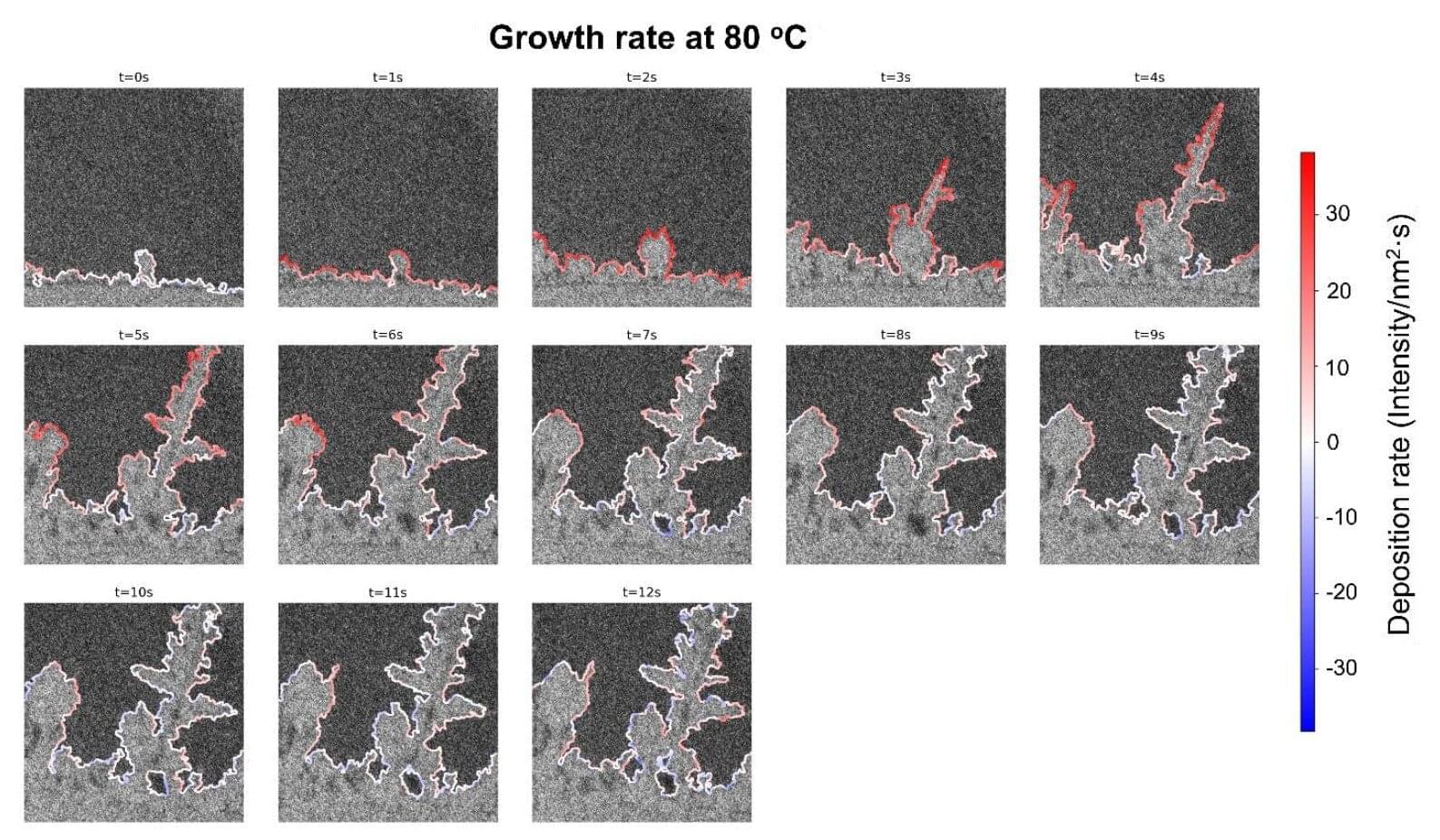
Moving pictures: Researchers use movies to diagnose EV battery failure
Charging electric-vehicle batteries in Ithaca’s frigid winter can be tough, and freezing temperatures also decrease the driving range. Hot weather can be just as challenging, leading to decomposition of battery materials and, possibly, catastrophic failure.
For electric vehicles (EVs) to be widely accepted, safe and fast-charging lithium-ion batteries need to be able to operate in extreme temperatures. But to achieve this, scientists need to understand how materials used in EVs change during temperature-related chemical reactions, a so-far elusive goal.
Now, Cornell chemists led by Yao Yang, Ph.D. ‘21, assistant professor of chemistry and chemical biology in the College of Arts and Sciences, have developed a way to diagnose the mechanisms behind battery failure in extreme climates using electron microscopy. Their first-of-its-kind operando (“operating”) electrochemical transmission electron microscopy (TEM) enables them to watch chemistry in action and collect real-time movies showing what happens to energy materials during temperature changes.
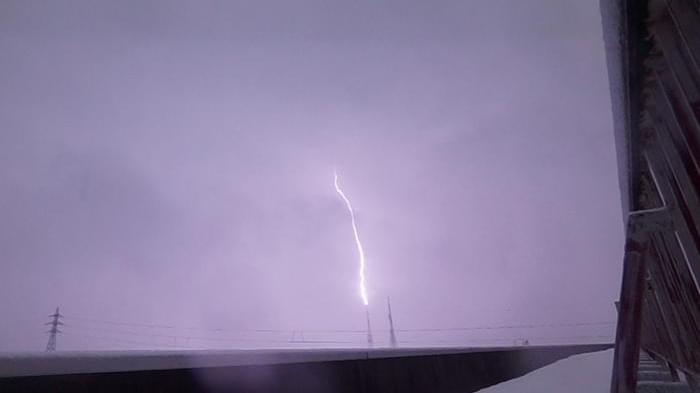
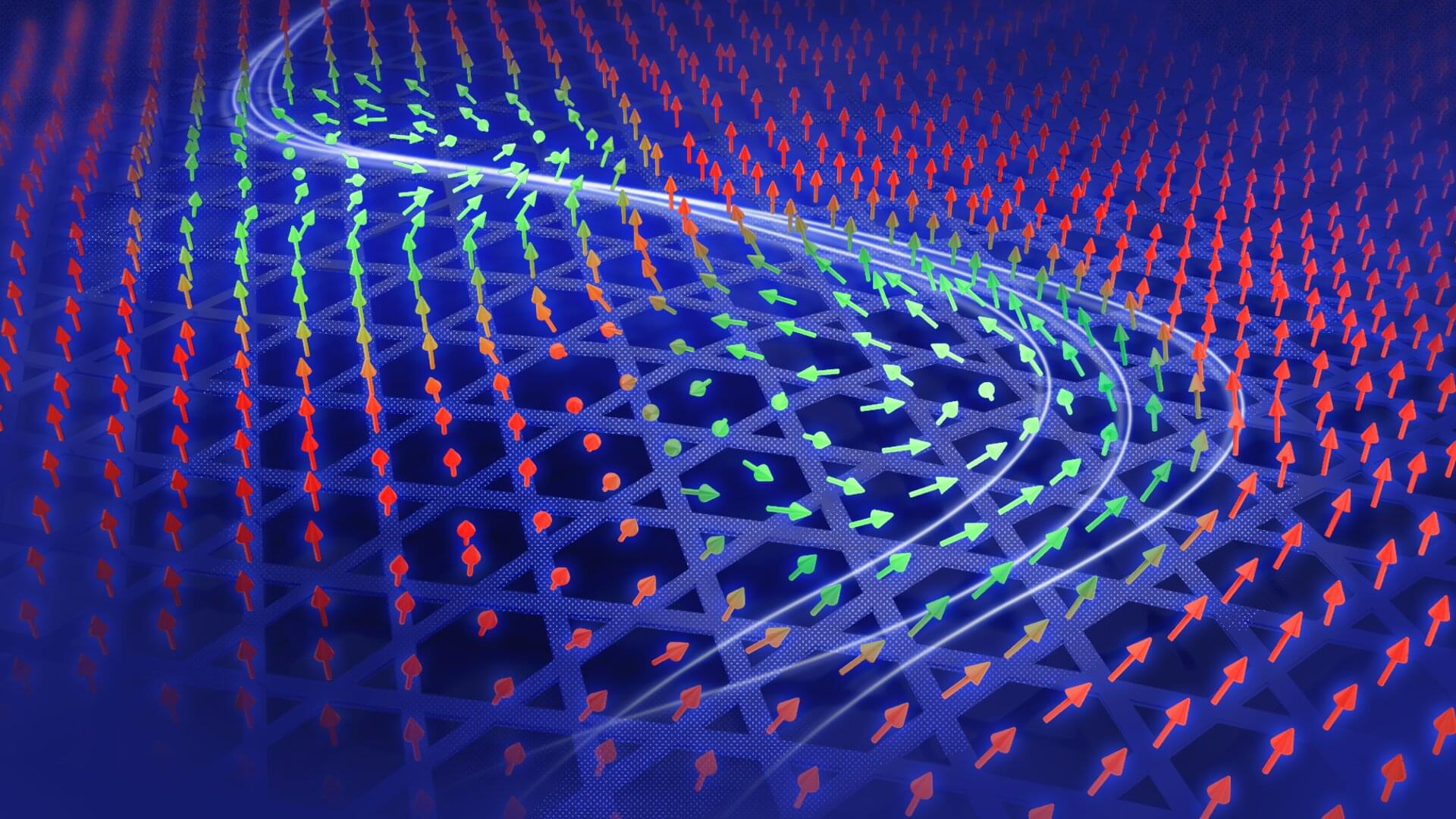
How ‘spin currents’ can be used to control magnetic states in advanced materials
A new study reveals a fresh way to control and track the motion of skyrmions—tiny, tornado-like magnetic swirls that could power future electronics. Using electric currents in a special magnetic material called Fe₃Sn₂, the team got these skyrmions to “vibrate” in specific ways, unlocking clues about how invisible spin currents flow through complex materials.
The discovery not only confirms what theory had predicted but also points to a powerful new method for detecting spin currents—a discovery that could one day lead to more efficient memory and sensing devices in future electronics. The findings are published in the journal Nature Communications.
Led by Assistant Prof. Amir Capua and Ph.D. Candidate Nirel Bernstein from the Institute of Applied Physics and Nano Center at Hebrew University in collaboration with Prof. Wenhong Wang and Dr. Hang Li from Tiangong University, the team explored how skyrmions behave in a special magnetic material called Fe₃Sn₂ (iron tin).
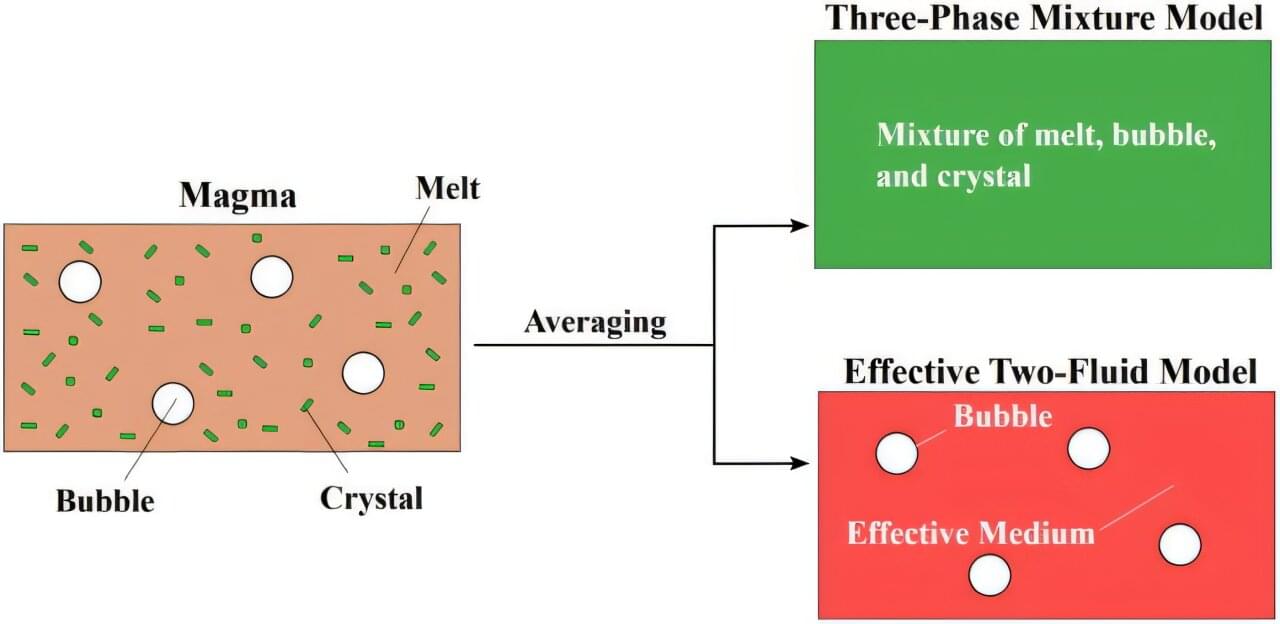
Novel equation predicts how crystals and bubbles in magma alter seismic waves
A recent study has mathematically clarified how the presence of crystals and gas bubbles in magma affects the propagation of seismic P-waves. The researchers derived a new equation that characterizes the travel of these waves through magma, revealing how the relative proportions of crystals and bubbles influence wave velocity and waveform properties.
The ratio of crystals to bubbles in subterranean magma reservoirs is crucial for forecasting volcanic eruptions. Due to the inaccessibility of direct observations, scientists analyze seismic P-waves recorded at the surface to infer these internal characteristics.
Previous studies have predominantly focused on the influence of gas bubbles, with limited consideration given to crystal content. Moreover, conventional models have primarily addressed variations in wave velocity and amplitude decay, without capturing detailed waveform transformations.
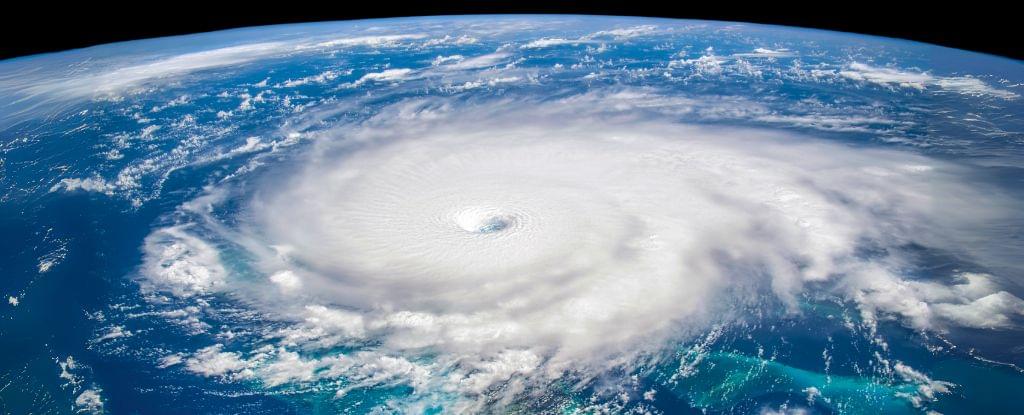
Seismic Waves From Intense Storms Can Ripple Through Earth’s Core
Researchers have now ‘heard’ the echo of cyclones whirling ocean waters from all the way on the other side of our planet.
Microseismic waves generated by interactions between the ocean and Earth’s crust might be able to help us peer into otherwise hidden parts of Earth’s geological structure, such as regions left shrouded by a scarcity of high-energy earthquakes in the North Atlantic.
“Our research uses these microseismic phenomena as an alternative data source to study the Earth’s structure beneath Australia,” says seismologist Hrvoje Tkalčić from Australian National University.
